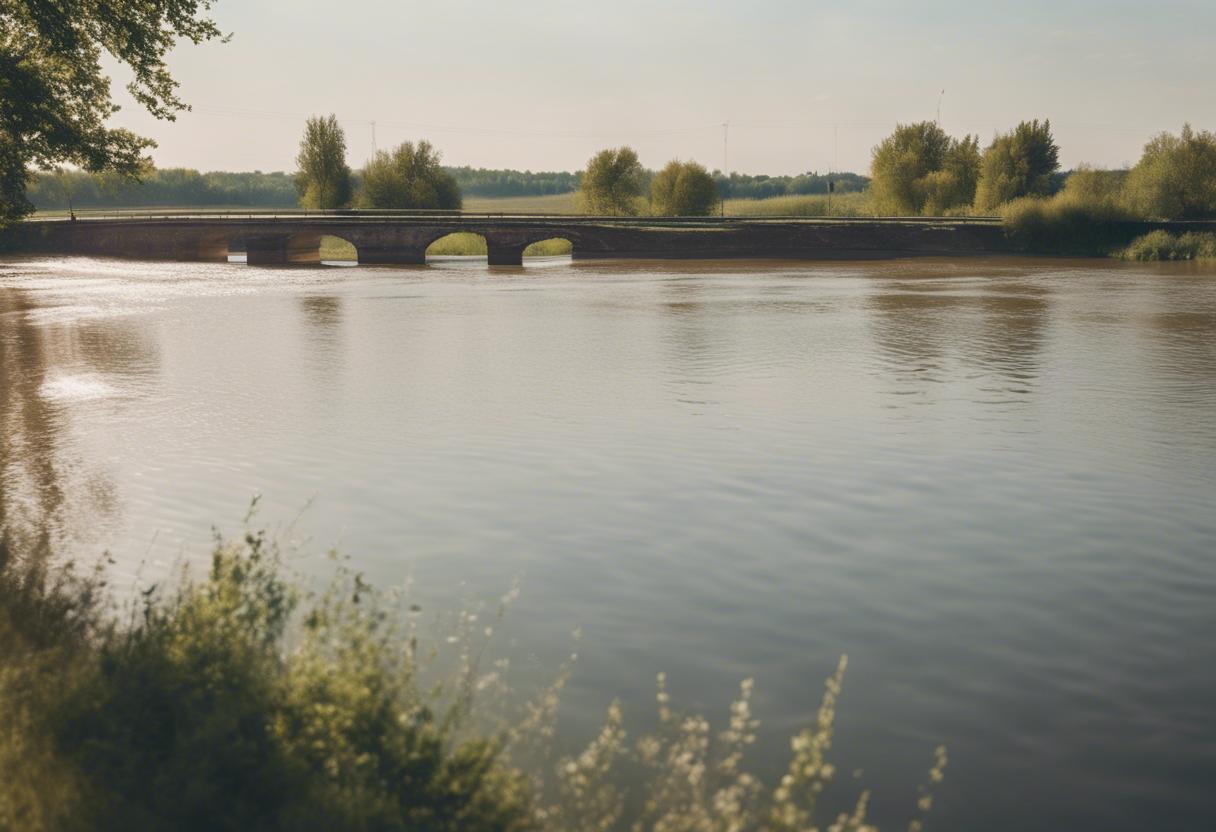As central Budapest sees an influx of floodwater from Storm Boris, the Danube River has engulfed riverside roads. The disaster has now claimed 23 lives across central Europe, a catastrophe propelling the EU to take more action against climate-driven crises.
Hungary has responded by deploying the military to aid the police and emergency services in creating sandbag barriers and other protective installations, preparing for the flood’s peak. The devastating floods have resulted in the deaths of seven people each in both Poland and Romania, whilst five have died in Austria and another four in the Czech Republic.
Viktor Orban, the Prime Minister of Hungary, stated, “We find ourselves in the most challenging phase of the defence…However, the silver lining is that we now know the most extreme water level, which won’t outdo the one we endured in the past. Thus, we are ready for such situations.” The PM added, “We have a dependable team at hand, everyone works in a serene and efficient manner.”
Orban paid a visit to Kismaros, a town north of Budapest situated by the Danube, where he applauded the efforts of the workers busy constructing flood barriers. Officials reported that 70% of the anticipated defences have been built, and around 100,000 sandbags have been set up by 600 personnel, consisting of soldiers, firefighters, and volunteers.
The Prime Minister conveyed via social media, “We anticipate the peak in Kismaros on Friday. It will be tough, but our soldiers will hold firm.”
Emergency teams in Wroclaw, Poland’s third-largest city, along with volunteers, have been working tirelessly to strengthen their defences as they brace for the predicted flood peak in the Oder river on Thursday.
Poland’s interior minister, Tomasz Siemoniak, stated, “Our focus is on keeping the Oder within its boundaries… We have a tough dozen or so hours in front of us.”
Poland has established an emergency fund of roughly €468 million to deal with the devastating effects of the floods, whilst the Czech authority has begun restructuring its financial plan to cater for estimated damages potentially reaching $4 billion (€3.6 billion). Austria has also increased its disaster funds by threefold, surpassing €1 billion.
Poland’s Prime Minister, Donald Tusk, has urged the European Union to avail more than €1 billion in urgent relief for flood-affected member countries. Additionally, Tusk has extended an invitation to the European Commission President, Ursula von der Leyen, to join him in Wroclaw this Thursday, along with Austrian, Slovakian and Czech leaders.
Tusk anticipates that the EU will place significant importance on constructing flood-resistant infrastructure in the hardest hit nations. He plans to delve into this matter in depth with the European Commission’s leader on Thursday.
Warning of the eastern floods and Portugal’s wildfires, EU’s crisis management commissioner, Janez Lenarcic, pointed out that the gruelling impact of climate change is encroaching on Europeans’ day-to-day lives. He highlighted Europe’s vulnerability due to it being the continent experiencing the most rapid warming globally, especially towards extreme weather events.
Lenarcic emphasised that the EU and its member states need to bolster disaster resilience and reactive strategies at both national and European levels. He affirmed that this wasn’t a one-off tragedy but it is swiftly becoming a standard feature of the common future. According to Lenarcic, Europe is already traversing through a critical period and that there is no possibility of returning to a safer past.

